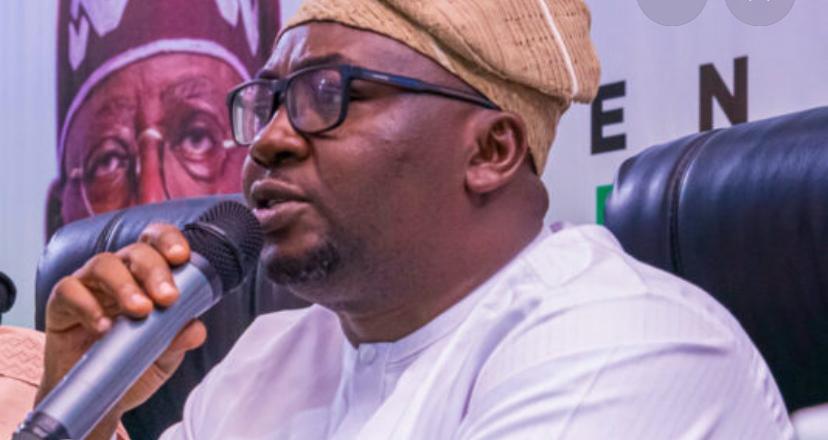Africa and the Esau Mentality

It is not shameful enough that we produce crude oil and import petrol, we produce cocoa and import chocolate, diamonds are mined in Africa, but Switzerland is the diamond capital of the world, now we are importing cooked egusi, ogbono, jollof rice and yam porridge into Africa!
Proverbs 12:27 say, “The lazy man roasteth not that which he took in hunting”.
Isn’t this part of the Bible a little bit of an oxymoron? I mean how can you say a man who went hunting is lazy. Hunting is a very physical activity, which entails running after animals and killing them. Why does the book of proverbs declare such person a lazy man?
This brings to mind the story of Esau and Jacob. We recall that Esau was a hunter and apparently hard working man. Moreover, Jacob was described as a mild man. Yet, we recall that Esau came back home one day and had to depend on Jacob for food. Of course Jacob made him pay a high price for the food – his birthright.
In the second incident, their father called Esau to bring him food so that he can eat and bless him. While Esau headed to the forest to look for game, Jacob engaged the use of a consultant. Who was the person that had constantly produced food for their father for many years?
Her name, Rebecca – the wife of their father, Isaac. Therefore, while Esau was running to the forest, Jacob was consulting and strategising. He found the answer. He produced one of his animals. Not from the bush, but from the backyard. Isaac was blind. He would never know the difference between animal from the bush and animal raised in the backyard.
Therefore, while Esau was still in bush working hard, the strategist had produced the desired satisfaction for the client effortlessly.
This is the difference between muscle work and brainwork.
There are two types of nations on earth. There is Esau nations and the Jacob nations. The Esau nations produce all the resources and pass them on to the Jacob nations, which transform and sell them back at higher prices to the Esau nations.
This is the reason why a country like Belgium, with 11 million people and 30,000 square kilometers, and with no mineral resource, can have a GDP of $500 billion and per capita income of $45,000, to become ranked 21st on the global human development index.
On the other hand, a country like the Democratic Republic of Congo, with a total size of 2.4 million square kilometers has a population of 85 million people.
Congo has 70 percent of the world’s coltan, a third of its cobalt, more than 30 percent of world’s diamond reserves, and a tenth of its copper. Congo is arguably the world’s richest country with an estimated mineral value of $24 trillion. However, Congo, pitiably, has a GDP of $68 billion and a per capita income of $816, while sitting as 176th on the global human development index rating.
History shows how Britain, a tiny island, colonised almost half of the world. From the United States to India, South America and the Caribbean, almost 70 nations and two billion people fell under the colony of a tiny island of less than 30 million people as at 1900.
What did the British do that gave them edge? Time management. The British people actually triggered off the industrial revolution when they began to use machines to make clothes and steam engines. A Jacobian mentality.
Up until today, many African women still believe that yam pounded by hand in a mortar is sweeter and better than machine grounded powdered yam. I am told that Egusi broken by hand is still more expensive in Nigeria than the ones broken by machines. An Esau mentality.
In Nigeria, we still attach value to things because of how difficult their productions are. That is why we still move files from table to table in our ministries, and processes that will take only a few minutes through the intranet and iCloud will drag on for days at the ministries.
It is this same mentality that has made an elected president squander a whopping six months before he could form a cabinet, while we are clearly seeing a Donald Trump appointing almost all his ministers and a 16-man economic advisory team some two months to his inauguration.










